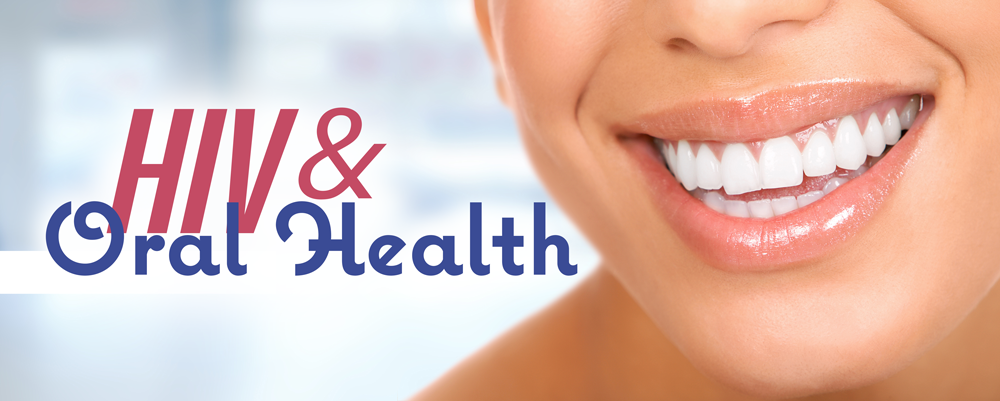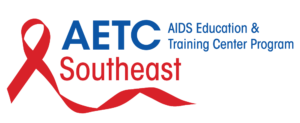
HIV and Oral Health: Unmasked Patients: Conflicts, Accommodations, and Common Sense
By:
- Mark Schweizer, DDS MPH
Director of Development and Special Projects
Dental Director Southeastern AIDS Training and Education Center
Nova Southeastern University College of Dental Medicine
Even before COVID-19 inexorably changed social and clinical protocols, dental offices dealt with patients who claimed to “know better” than their providers when it came to health risks. From unvaccinated patients to incomplete health histories, failure to cooperate results in ethical and legal challenges for dentists. In today’s practice environment, these challenges also include navigating interactions with patients who simply refuse to wear face masks.
Dentists and their team members are put in uncomfortable positions when this occurs. For a patient who truly has a medical or psychological concern, how can the practice make safe accommodations? For patients who refuse to wear a mask on a philosophical basis, how can the practice communicate effectively, reduce conflict and preserve staff safety?
Regardless of patients’ needs or just “knowing better,” start with plain-speak communication about the practice’s expectations.
Notify patients of increased safety protocols in advance of their appointments though the use phone calls, emails, practice website, and social media pages. Reinforce policies with signage on the office front door and at the front desk.
Patients should understand what to expect, mandatory masks, temperature checks, hand sanitization, screening questions, guest limitations or reception room restrictions.
The Centers for Disease Control and Prevention offers guidance on individuals who could be exempt from wearing a face covering. These exemptions are generally rare and include children under age 2 years and people of any age with certain disabilities or sensory, cognitive or behavioral disorders. Unfortunately, fraudulent “face-mask exemption” cards are circulating in the public, but there is no legitimate boilerplate letter or blanket exception. If a patient requests an accommodation for a disability that is not obvious, providers are permitted to request medical documentation that is personalized to the individual patient’s condition. If the patient’s disability is apparent, additional information should only be requested if necessary.
Reasonable accommodations for patients with legitimate conditions may include:
- Offering a teledentistry appointment to determine a treatment plan and then scheduling an in-office appointment time that reduces risks while accommodating needs.
- Asking a patient to wait in the car or an area away from others until treatment time.
- Scheduling the patient as the last one seen at the end of the day.
- Allowing a patient to wear a loose face covering or face shield instead of a mask.
Most important is to train employees how to handle non-compliant patients and have a united front that patient safety is valued.
